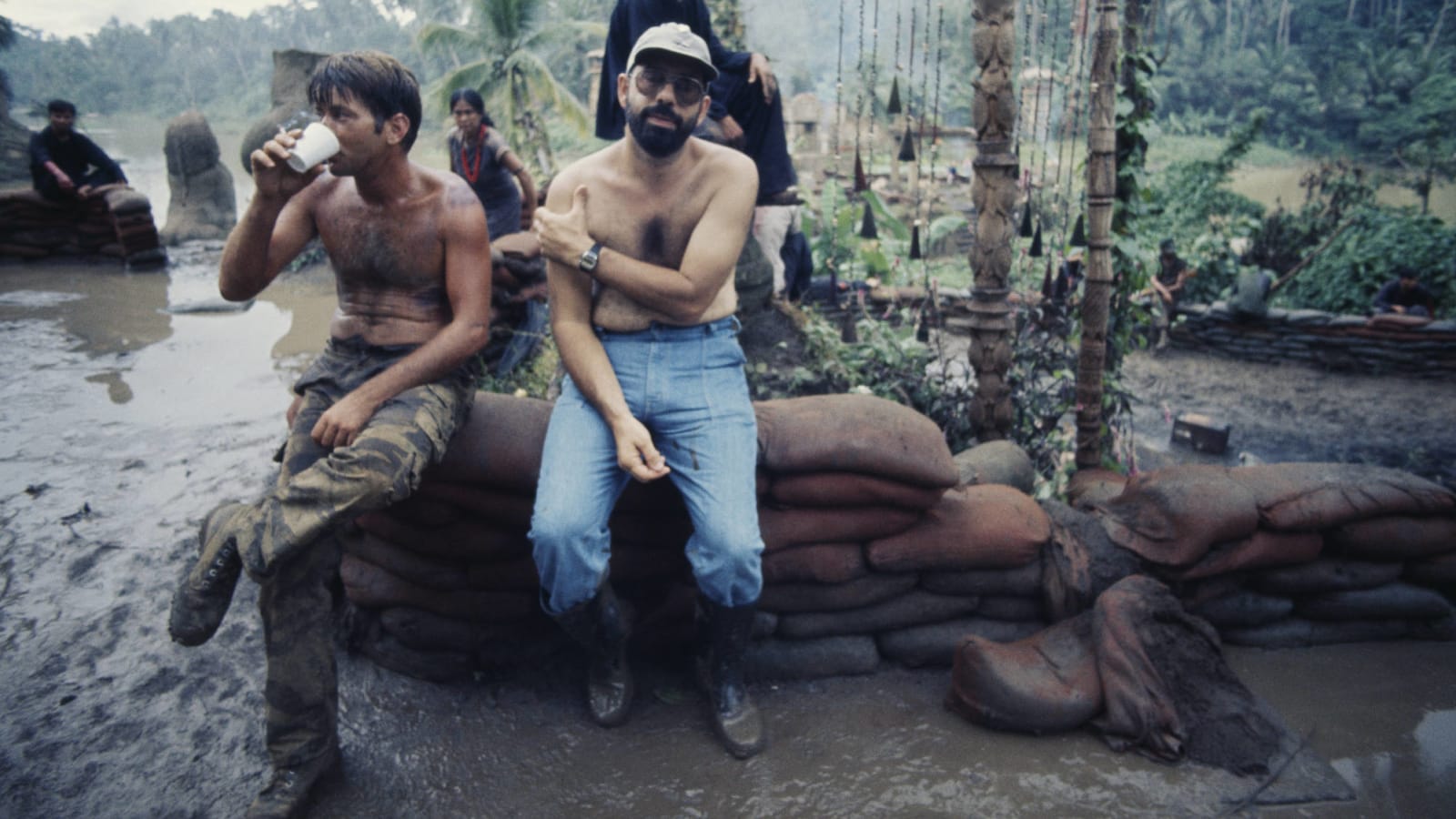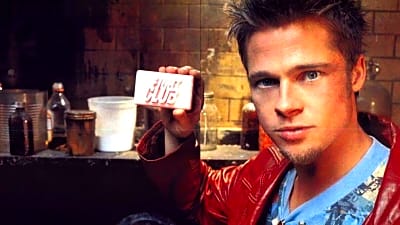
Once more down the river: 'Apocalypse Now' turns 40
“Because it’s judgment that defeats us.” – Colonel Kurtz
Francis Ford Coppola spent the first half of the 1970s doing everything in his power to not direct “Apocalypse Now.” Though he advanced then-assistant John Milius $15,000 in 1969 to write the Vietnam-set adaptation of Joseph Conrad’s “Heart of Darkness,” he believed his friend, George Lucas, hot off the success of “American Graffiti,” was the ideal director for the gig. After several years of development, Lucas finally got the green light — to direct “Star Wars.” By this point, Coppola had grown obsessed with the material, imbuing Milius’ story with a more liberal (i.e. non-reactionary) viewpoint. This was key. Early drafts of “Apocalypse Now” were very much a battlefield fantasy written by a gun-fetishizing asthmatic pissed off he couldn’t join the Southeast Asian slaughter; Coppola turned the story into a darkly comedic critique of the U.S. war machine. To Coppola, Willard’s down-the-river journey was an epic misadventure leading to the termination — with “extreme prejudice” — of Colonel Kurtz.
Narratively, getting there was the easy part. What to do with Kurtz once Willard arrived, however, was a challenge that no draft of the screenplay ever completely solved. Should he go out in a blaze of macho glory fighting side-by-side with Willard? Should he be assassinated as ordered? Should he be apprehended and tried for war crimes?
Despite a Job-ian onslaught of production travails (laid painfully bare in the documentary “Hearts of Darkness: A Filmmaker’s Apocalypse”), Coppola masterfully captured the surreal Sturm und Drang of war in the first two hours of “Apocalypse Now.” From Kilgore’s Wagnerian air raid to the out-of-nowhere Playboy stage show, it’s essentially “Scenes from a Wayward Conflict.” It’s a blissfully disorienting experience: The Walter Murch-supervised sound design has you whipping your head around looking for descending hueys in the back corner of the theater, while every rustle and snap from banks of the river portends a darts-and-arrows-or-worse assault every step of the way. You’re on edge throughout the film (save for the languid, yet thematically significant French plantation sequence added to “Apocalypse Now Redux”), sensing the worst is yet to come. If the officers at the outset of the mission are this spooked about Kurtz, he must be a Genghis Khan-like warlord.
Milius envisioned Kurtz as a death-dealing master of war. Conan the Green Beret. Basically, he was the creation of an overgrown child who idealized combat. Coppola didn’t want to go there, which was both wise and problematic. In the immediate wake of the meat-grinder that was the Vietnam War, no one with a conscience could make a pro-combat movie. Understanding this, Coppola envisaged Kurtz as an out-to-pasture-and-lunch warlord, a tyrant lording over native people as a god — and when a well-fed Brando showed up to set, Coppola had no choice but to portray the character as a corpulent symbol of American military overreach.
There’s always been something a touch self-satisfying about the finale of “Apocalypse Now”; we’ve traveled a great distance to have our worst suspicions of unchecked power confirmed. It’s too easy. But “Apocalypse Now” had to be made. America needed a blockbuster that rubbed its nose in the mess of Vietnam. We never had a true reckoning. The architects of the war skated. Henry Kissinger became a popular talk show guest. So while the final half-hour of Coppola’s masterpiece is a wallow, it’s a necessary refutation of the boneheaded jingoism Milius tried to pass off on the public. There’s no satisfying ending to “Apocalypse Now” because there’s no palatable explanation for our bloody drive for dominion.
More must-reads:
- 20 times actor's injuries were written into scripts
- Every Francis Ford Coppola film ranked from worst to best
Breaking News
Trending in Entertainment
Customize Your Newsletter
 +
+
Get the latest news and rumors, customized to your favorite sports and teams. Emailed daily. Always free!






